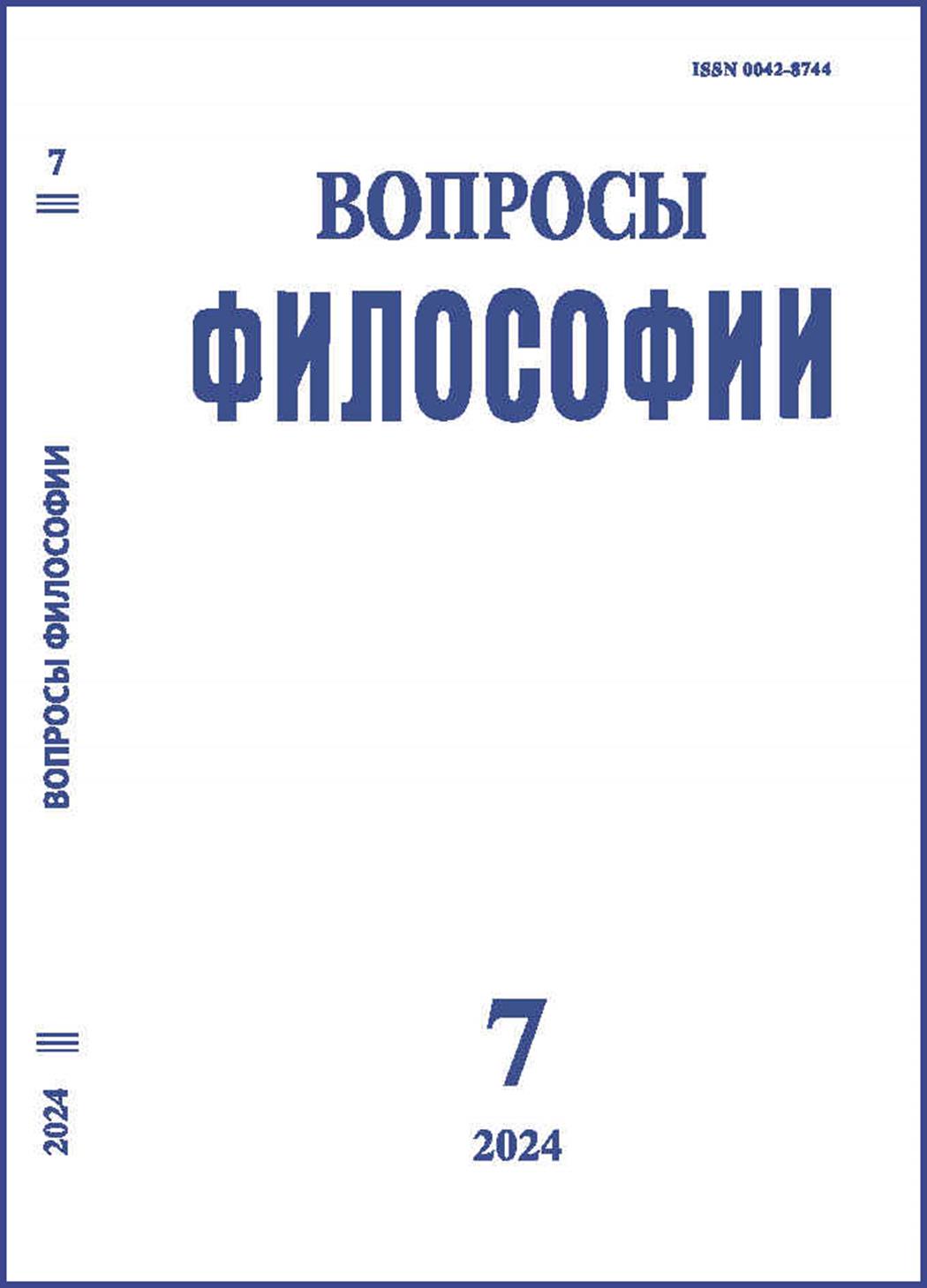Материалистическая философия Мишеля Онфре
DOI:
https://doi.org/10.21146/0042-8744-2024-7-184-192Ключевые слова:
атеизм, новый атеизм, критика религии, христианство, материализм, гедонизм, нигилизм, М. Онфре, Р. ДокинзАннотация
В статье рассматривается атеологическая концепция «самого популярного
философа Франции» Мишеля Онфре, а также его критика религии. Онфре
заимствует у Батая термин «атеология», под которой понимает течение
мысли, подвергающее деконструкции теологические истины. Философ обозначает три первоначальные задачи атеологии: деконструкция трех монотеизмов, демифологизация иудео-христианства и ислама, деконструкция теократии. Все эти три задачи он так или иначе реализует. В статье показано,
что концепция атеологии не представляет собой нечто радикально новое
или сильно отличное от существующей традиции критики религии. Онфре
ограничивается тремя монотеизмами, которые оказывают наибольшее политическое влияние, и решительно осуждает практически все аспекты трех
религий. Обращается внимание на то, что Онфре при этом упрощает образ
религии, представляя ее исключительно в негативном свете. Подобный
негативизм сближает Онфре не только с современными ему новыми атеистами, особенно с К. Хитченсом, который убежден, что «религия все отравляет», но и с такими представителями французского материализма, как
Гольбах и Ламетри. Подход Онфре кажется абстрактным, поскольку не дает
тщательного социально-исторического объяснения монотеистических религий. Показано, что его критика религии опирается на значительную философскую традицию, идущую от Демокрита, Лукреция, Эпикура, вплоть
до Фрейда, Маркса и Ницше, и включает французских материалистов –
Гольбаха, Ламетри, Гельвеция. Свой гедонизм Онфре черпает, скорее, у киренаиков, чем у Эпикура. Оригинальность подхода Онфре состоит в том,
что он встраивает материализм и гедонизм в свою концепцию «философии
природы». Позитивная повестка Онфре, хотя и созвучна ряду актуальных
современных вопросов, сформулирована крайне общими терминами и слабо проработана.

